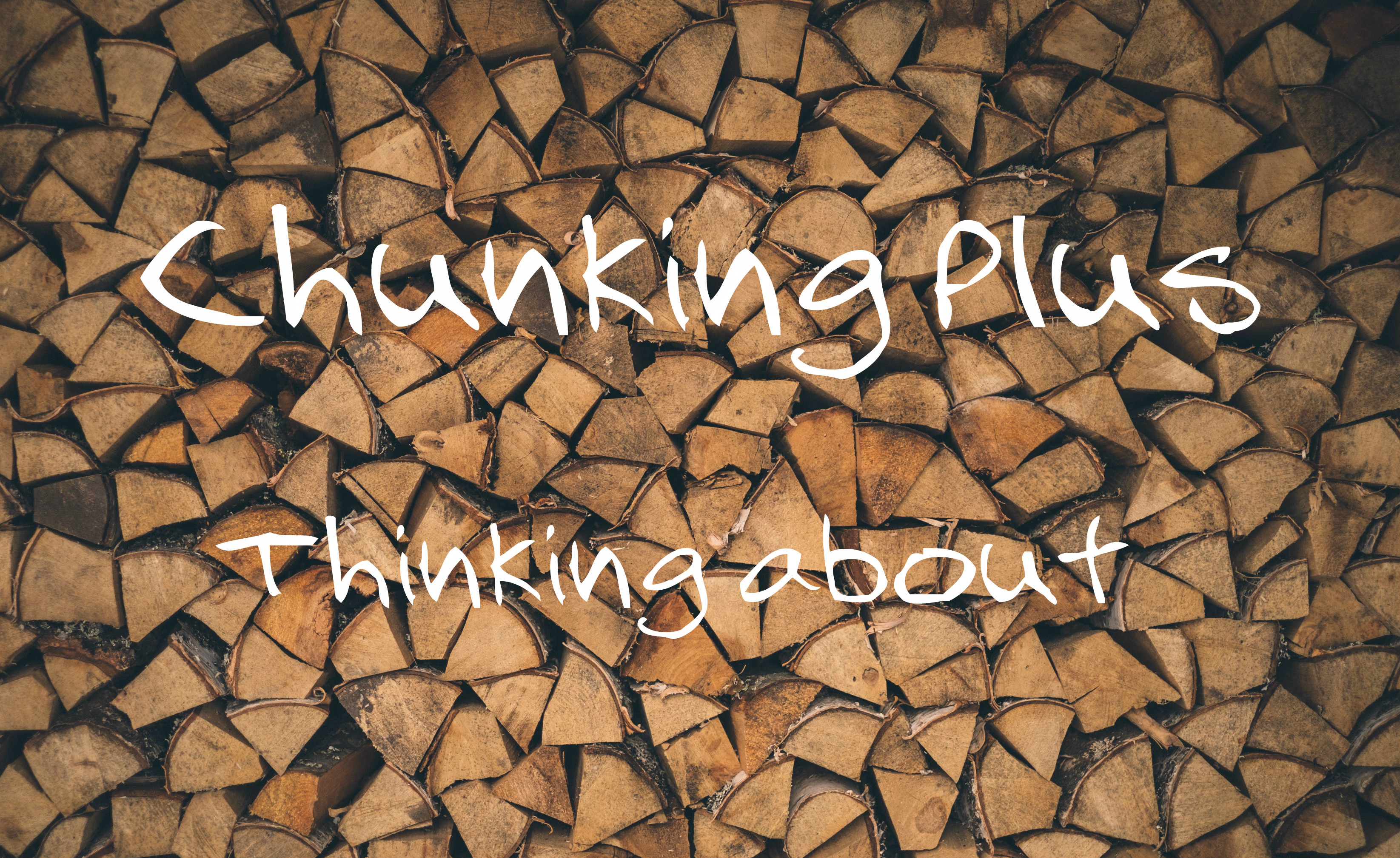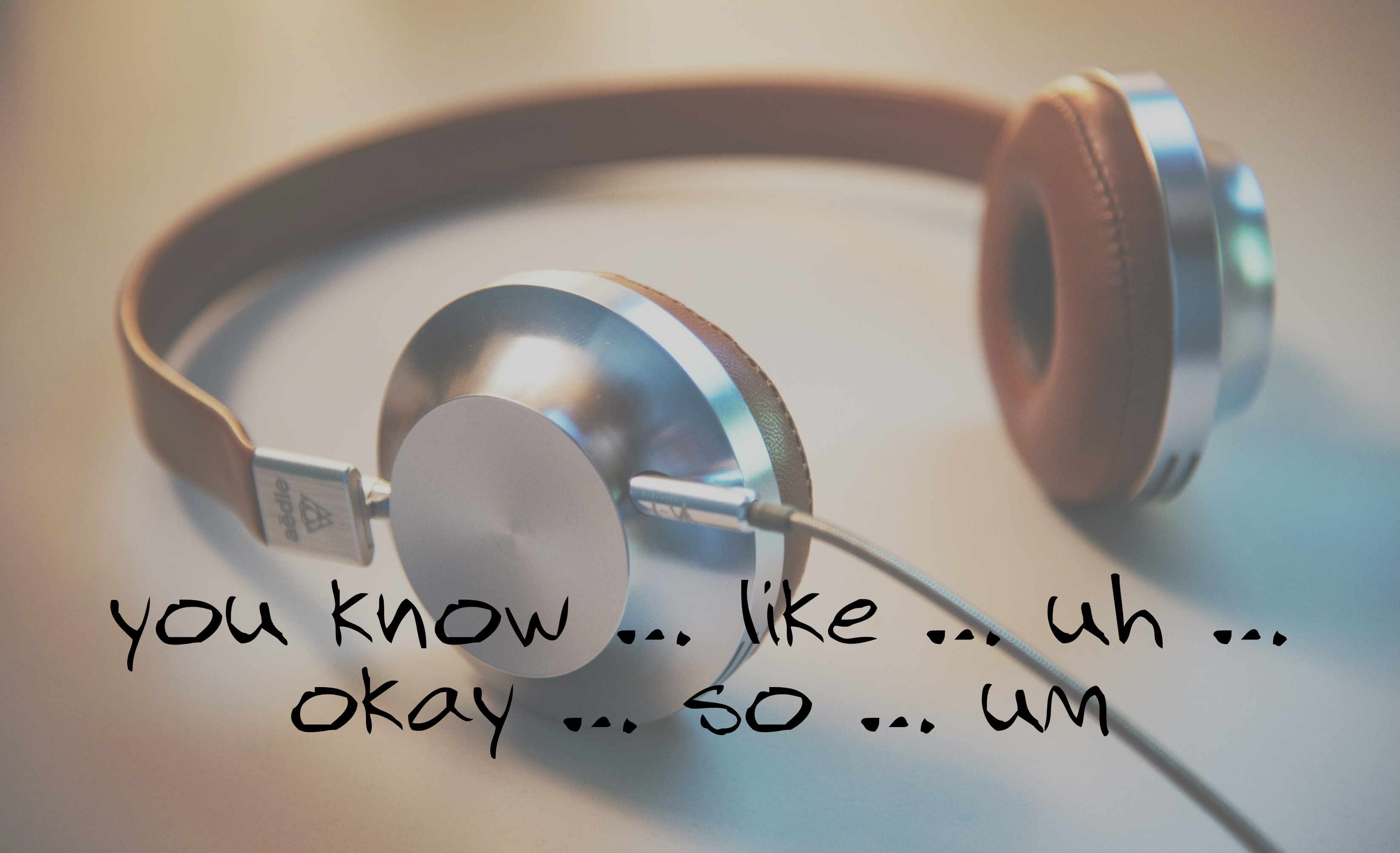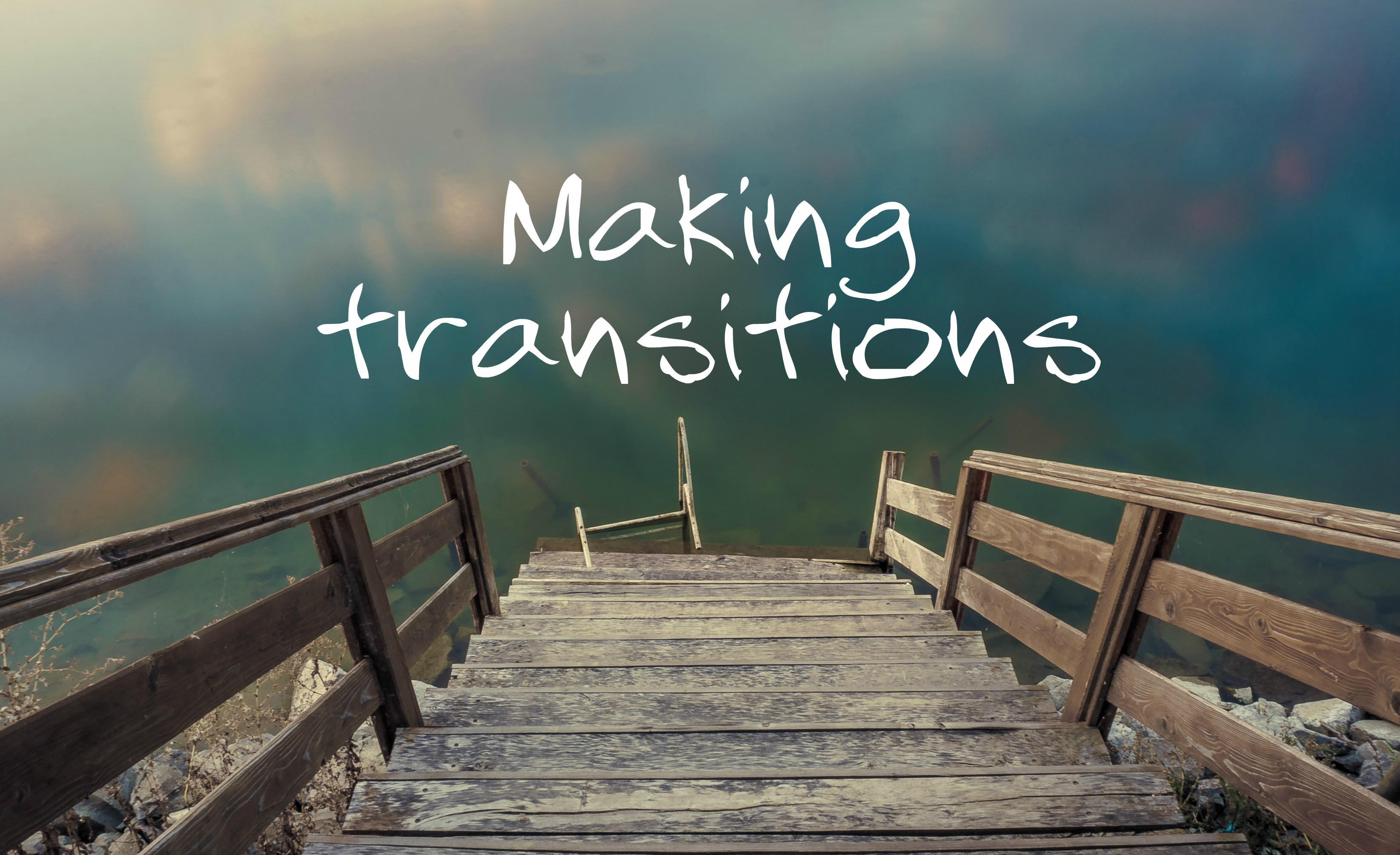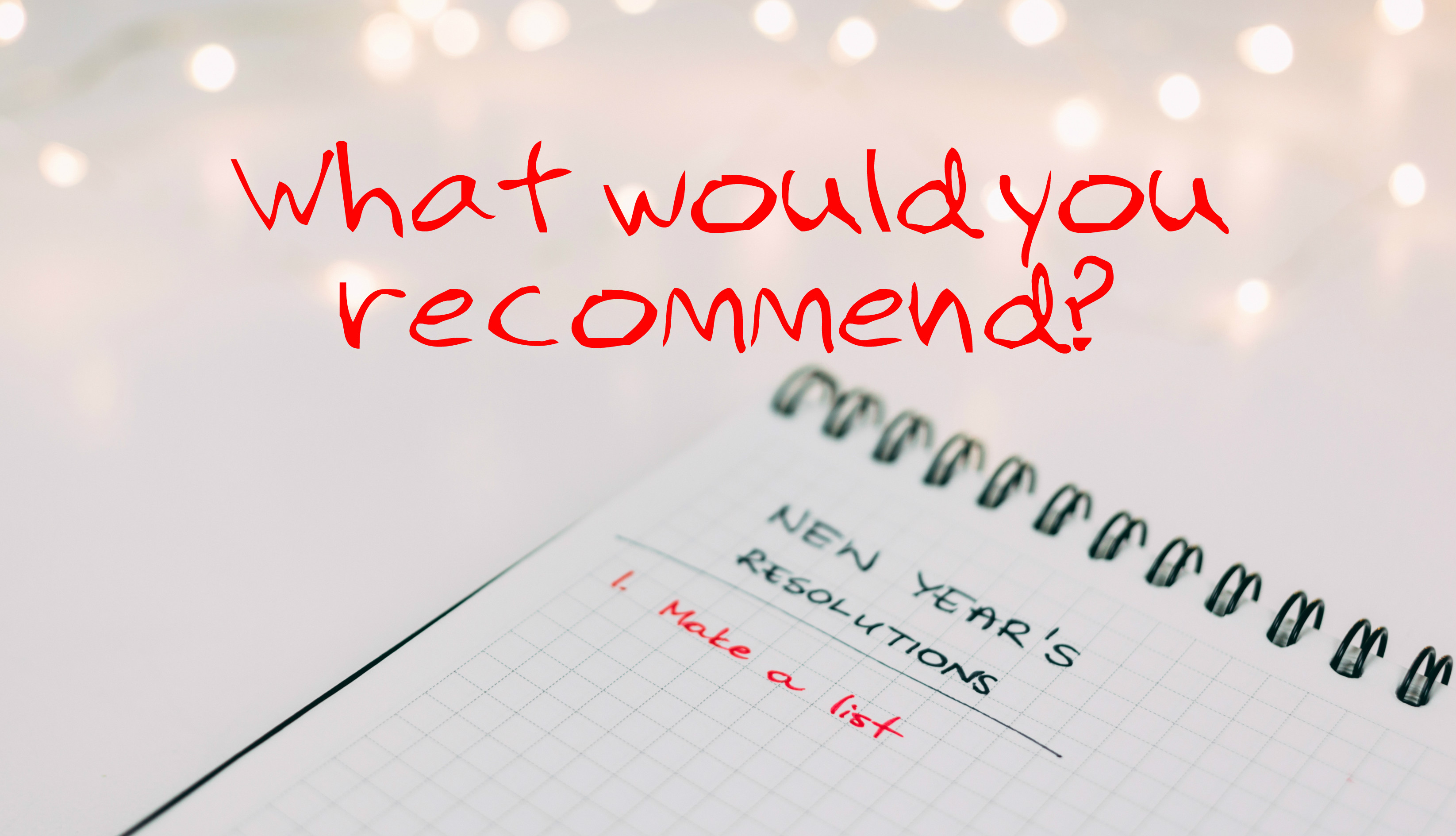
I must learn English.
He must get a 100 on the TOEFL.
We must go shopping tonight.
What’s wrong with these sentences?
Nothing … grammatically. But you aren’t likely to hear them in spoken English. The modal auxiliary verb must is less and less commonly used when people speak English.
What do we say instead?
I’ve gotta learn English.
He’s gotta get a 100 on the TOEFL.
We hafta go shopping tonight.
This is what you’ll hear, although the written words are have to and got to.
Have to is followed by the base form of a verb.
I have to learn English.
He has to take the bus.
We had to take a test yesterday.
I’ll have to study harder.
Got is the simple past and past participle forms of to get. So using it in the simple present isn’t grammatically correct (although you’ll often hear it). You may hear:
I got to go now.
But the correct grammatical form is:
I’ve got to go now.
And when we use it in the simple past tense, it means something different:
I got to meet Lady Gaga yesterday.
That means “I was lucky enough to meet Lady Gaga yesterday.”
If you want to express an obligation in the simple past, use have to instead.
I had to meet with my advisor yesterday.









